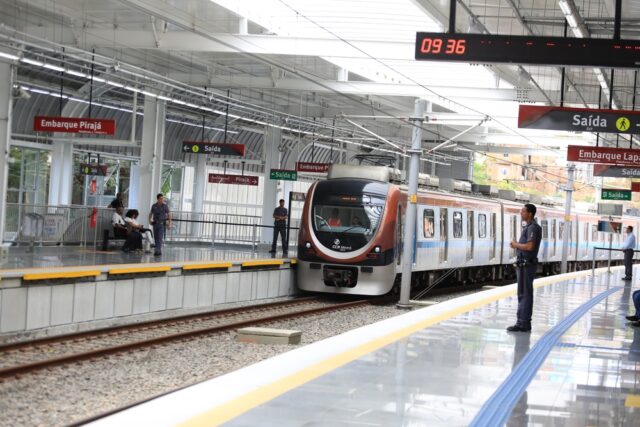The Effects of Environmental Distress on Labor Markets: Evidence from Brazil
By Danae Hernandez-Cortes & Sophie Mathes This article documents how environmental distress affects individual-level labor market outcomes in Latin America’s largest economy. We collect data on a broad range of environmental distress events namely heat waves, floods, fires, and droughts, and combine these with uniquely rich administrative information covering the universe of formal employment in Brazil from 2003 to 2017. We find heterogeneous labor effects in response to environmental distress. We find that heat waves disrupt employment, increasing retirement rates...







